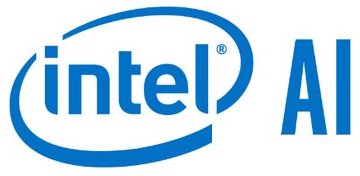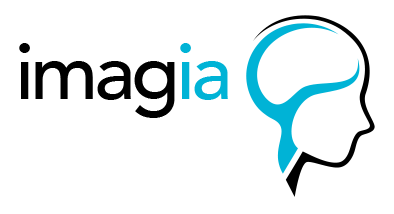
NeurIPS2018 Workshop
The AI for Social Good workshop will focus on social problems for which artificial intelligence has the potential to offer meaningful solutions. The problems we chose to focus on are inspired by the United Nations Sustainable Development Goals (SDGs), a set of seventeen objectives that must be addressed in order to bring the world to a more equitable, prosperous, and sustainable path. In particular, we will focus on the following areas: education, protecting democracy, urban planning, assistive technology for people with disabilities, health, agriculture, environmental sustainability, economic, social, and gender inequality, social welfare and justice, ethics, privacy, and security. Each of these themes present opportunities for AI to meaningfully impact society by reducing human suffering and improving our democracies.
The AI for Social Good workshop divides the in-focus problem areas into thematic blocks of talks, panels, breakout planning sessions, and posters. Particular emphasis is given to celebrating recent achievements in AI solutions, and fostering collaborations for the next generation of solutions for social good.
First, the workshop will feature a series of invited talks and panels on agriculture and environmental protection, education, health and assistive technologies, urban planning and social services. Secondly, it will bring together ML researchers, leaders of social impact, people who see the needs in the field as well as philanthropists in a forum to present and discuss interesting research ideas and applications with the potential to address social issues. Indeed, the rapidly expanding field of AI has the potential to transform many aspects of our lives. However, two main problems arise when attempting to tackle social issues. There are few venues in which to share successes and failures in research at the intersection of AI and social problems, an absence this workshop is designed to address by showcasing these marginalized but impactful works of research. Also, it is difficult to find and evaluate problems to address for researchers with an interest on having a social impact. We hope this will inspire the creation of new tools by the community to tackle these important problems. Also, this workshop promotes the sharing of information about datasets and potential projects which could interest machine learning researchers who want to apply their skills for social good.
The workshop also explores how artificial intelligence can be used to enrich democracy, social welfare, and justice. A focus on these topics will connect researchers to civil society organizations, NGOs, local governments, and other organizations to enable applied AI research for beneficial outcomes. Various case-studies and discussions are introduced around these themes: summary of existing AI for good projects and key issues for the future, AI’s impact on economic inequality, AI approaches to social sciences, and civil society organizations.
The definition of what constitutes social good being essential to this workshop, we will have panel discussions with leading social scholars to frame how contemporary AI/ML applications relate to public and philosophical notions of social good. We also aim to define new, quantifiable, and impactful research questions for the AI/ML community. Also, we would like as an outcome of this event the creation of a platform to share data, a pact with leading tech companies to support research staff sabbaticals with social progress organizations, and the connection of researchers to on-the-ground problem owners and funders for social impact.
We invite contributions relating to any of the workshop themes or more broadly any of the UN SDGs. The models or approaches presented do not necessarily need to be of outstanding theoretical novelty, but should demonstrate potential for a strong social impact. We invite two types of submissions. First, we invite research work as short papers (4 page limit) for oral and/or poster presentation. Second, we invite two page abstracts for poster presentation to present a specific solution to be discuss with stakeholders, scientists, and funders. The short papers should focus on past and current work, showcasing actual results and ideally demonstrated beneficial effect on society, whereas the two page abstracts could highlight ideas that have not yet been applied in practice. These are designed to foster sharing different points of view ranging from the scientific assessment of feasibility, to discussion of practical constraints that may be encountered when they are deployed, also attracting interest from philanthropists invited to the event. The workshop provides a platform for developing these two page abstracts into real projects with a platform to connect with stakeholders, scientists, and funders.






